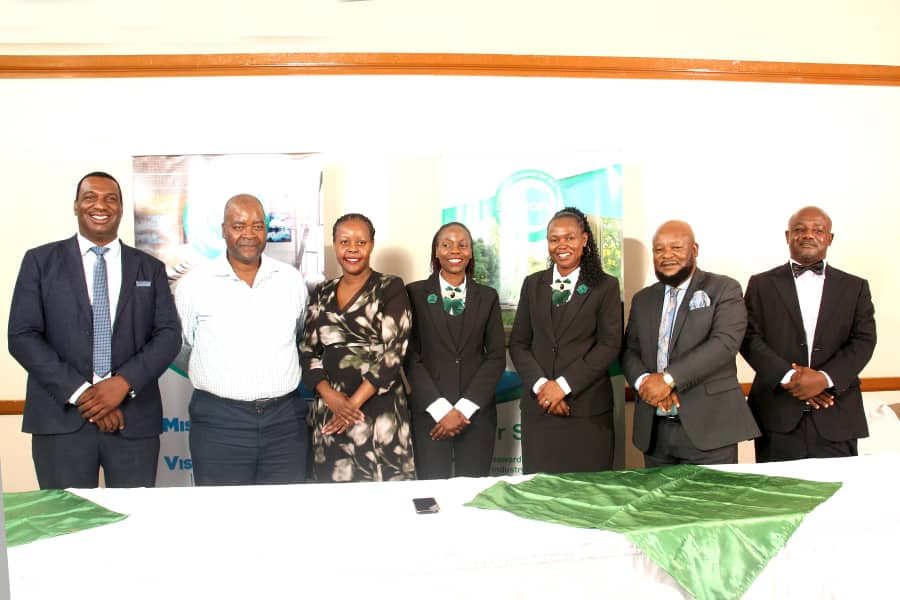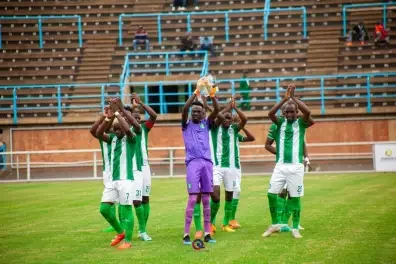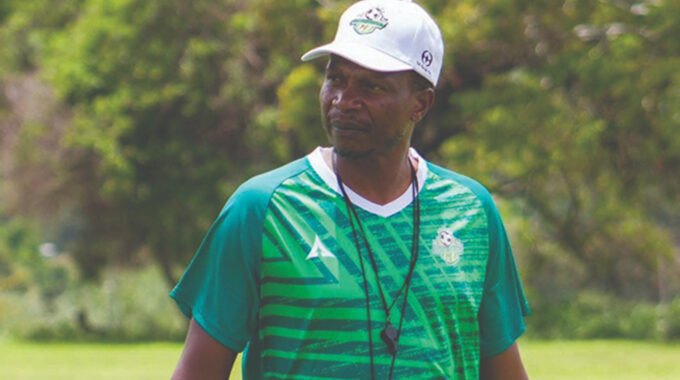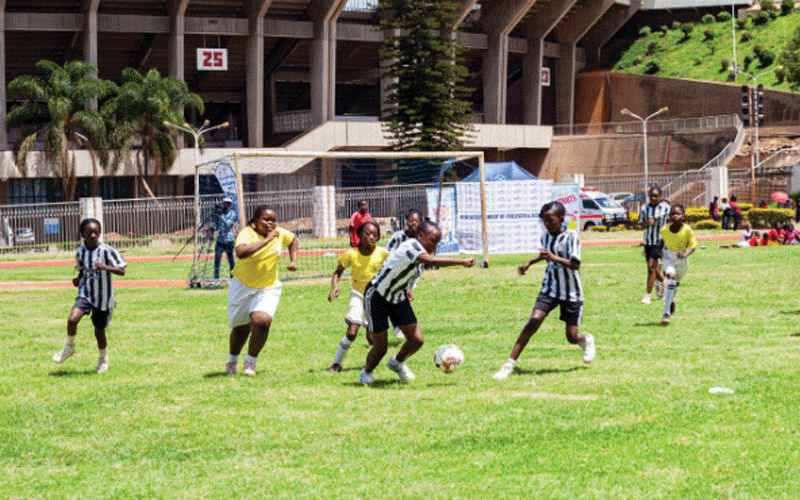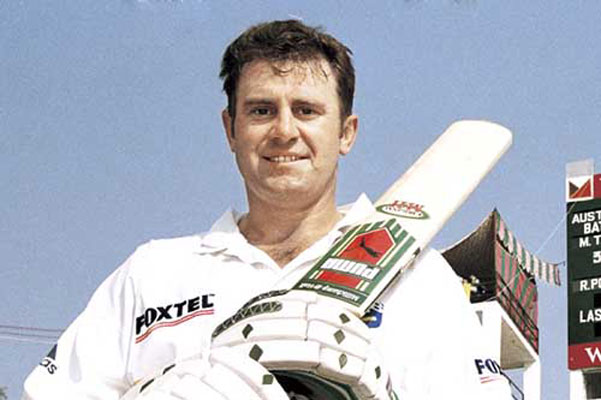
IN 1998 Mark Taylor was the captain and opening batsman of the Australian cricket team playing against Pakistan in the Second Test match. At the end of day two, he had reached the score of 334 not out, equalling the highest score made by an Australian batsman, the legendary Sir Don Bradman.
school of sport with TIM MIDDLETON

The next morning Taylor surprised everyone by declaring the Australian innings closed at 599 for 4, thus depriving himself of the chance of breaking the record. Australian sportsmen are widely known for being fiercely competitive so the decision puzzled many. His response was clear and emphatic: “I wanted to declare to give us a chance to win because we’d won the first Test and if we’d won that Test we would have won the series. As it turns out we didn’t win the Test, but I think I sent the right message to the team and to the people who watch at home.”
Jonathan Haidt, a Professor of Ethical Leadership, has stated: “The most powerful force ever known on this planet is human co-operation — a force for construction and destruction.” Co-operation is powerful because it combines all the parts of the team together; two people pulling in the same direction eliminates friction and increases traction. All parts working together complement each individual part, as the different parts of the body do. Co-operation is also about carrying each other, when one is struggling, knowing that another time the one being carried may do the carrying.
One of the most important lessons we will ever learn through team sport at school is to work in co-operation with others, even with all our differences, wherever we are placed together in a community. Our differences must complement each other, not compete against each other, if together we are to succeed.
We as schools need to understand that we are not competing against each other, but are co-operating with each other, for the education of our children and for the development of the country — the name or success of the school does not matter. We are all involved in education; we are all playing our part to develop all the young people of this country.
Mo Rocca, an American writer and actor, understood this when he said ruefully: “I wish I had played team sports. I think every kid should. Teamwork builds character — teaches people about leadership and co-operation.” As Aristotle said hundreds of years before, “The whole is greater than the sum of its parts” — each individual plays an important part, but the value is only fulfilled when all parts work together with one purpose and direction.
Some may question though how we can be competitive and co-operative. In the Business Directory [http://www.businessdictionary.com/definition/competing.html] we read that “Competition emphasises assertiveness and minimises co-operation” — you compete against the opposition but you co-operate with your team-mates. Competition is concerned with against; co-operation deals with alongside. It is a difficulty that has been found, especially in Formula One motorsport where two drivers from each team are competing against each other to be the individual world champion as well as drivers from other teams to be the world champion team. The difficulty has come when two drivers from one team compete against each other as individuals and risk causing an accident to one or both of them while trying to beat other teams. Then they are faced with team orders.
- Chamisa under fire over US$120K donation
- Mavhunga puts DeMbare into Chibuku quarterfinals
- Pension funds bet on Cabora Bassa oilfields
- Councils defy govt fire tender directive
Keep Reading
Competition is vital, yes; so too is co-operation. Our youngsters must be taught both and they must be taught where both fit in. Someone once defined it like this: “If you want to be incrementally better: Be competitive. If you want to be exponentially better: Be co-operative.” Interestingly, Franklin D Roosevelt, the 32nd President of the United States, commented that “competition has been shown to be useful up to a certain point and no further, but co-operation, which is the thing we must strive for today, begins where competition leaves off”. We must learn to combine both. Bryant McGill wrote insightfully that “We must re-programme ourselves to understand that cooperation is a higher principle than competition.” Mark Taylor understood that and sought to get it across; he was part of a team which was competing against another team and his team would suffer if as an individual within the team he acted on his own. He would have gained incrementally, perhaps, little by little, if he had carried on batting; the team gained exponentially, by his co-operation. Our purpose in playing team sports at school is to help our youngsters learn that valuable lesson.
Tim Middleton is a former international hockey player and headmaster, currently serving as the Executive Director of the Association of Trust Schools (ATS)] Email: ceo@atschisz.co.zw

